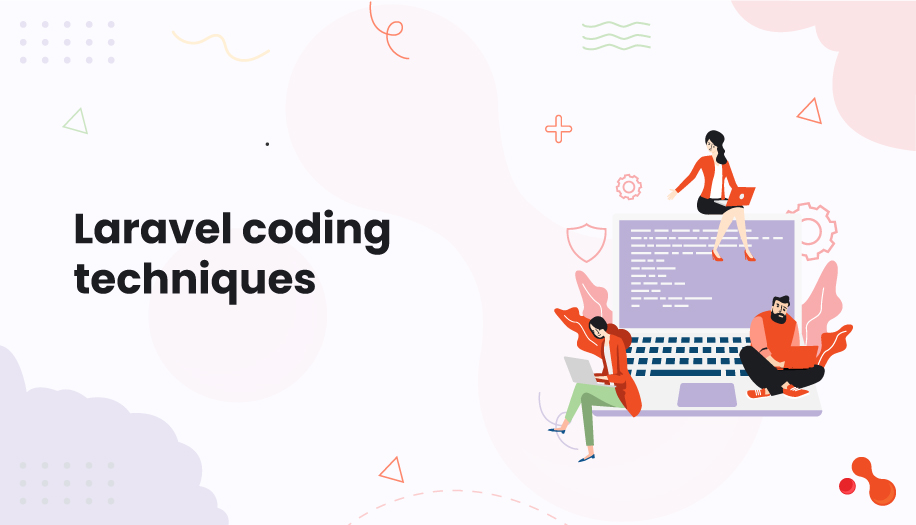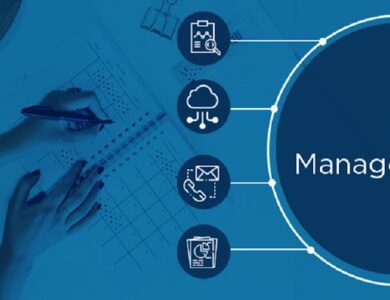Update Laravel Coding Techniques For Optimized Solutions

Introduction
Updating your Laravel coding techniques is essential for staying current with best practices, improving efficiency, and enhancing the maintainability of your applications.
As the Laravel framework continues to evolve, staying up-to-date with the latest coding techniques is essential for Laravel developers looking to maintain and improve their applications.
Laravel Coding Techniques

Laravel happens to be one of the most popular PHP frameworks. It has many advanced features that allow one to develop robust applications. Some of the main features include Eloquent (ORM), Blade (Template engine), and Artisan (command line tool).
However, all these features are in vain if one uses outdated coding practices. With each new version comes new features. The coding techniques also evolve, leading to more optimized methods of doing things.
Obsolete Laravel coding techniques are approaches or practices that were once commonly used but have since been superseded by more efficient or modern methods. These techniques may still work but are considered outdated, less effective, or even deprecated.
Here are some examples of obsolete Laravel coding techniques:
- Raw SQL Queries
- Manual Dependency Injection
- Global Middleware
- Legacy Authentication Methods
- Direct Model Manipulation in Controllers
- Manual CSRF Protection
- Traditional Route Definitions
- Direct View Rendering
By avoiding these obsolete Laravel coding techniques and adopting modern best practices, you can write cleaner, more maintainable, and efficient Laravel applications.
Significance Of Updating Laravel Coding Techniques
Updating Laravel coding techniques is crucial for several reasons:
- It keeps your Laravel codebase up-to-date. It ensures that you are protected against known vulnerabilities and security threats.
- Updating your coding techniques allows one to leverage any improvements. This ensures that your application remains fast and responsive.
- Updating your coding techniques ensures that your application remains compatible with the latest Laravel releases.
- Adopting modern coding techniques can improve the maintainability. This helps reduce technical debt and makes it easier for developers to collaborate on the project.
- Updating your coding techniques ensures that your application remains relevant and competitive in the ever-changing landscape of web development.
Overall, updating Laravel coding techniques is essential for ensuring the security, performance, compatibility, maintainability, and future-proofing of your application. It allows you to take advantage of the latest features and improvements in the framework while staying ahead of potential challenges and maintaining a competitive edge.
How To Update Laravel Coding Techniques?
Stay Updated with Laravel Releases:
Keep abreast of the latest Laravel releases and updates. Laravel evolves rapidly, introducing new features, improvements, and optimizations with each version. By staying updated, you can leverage the latest advancements in Laravel’s ecosystem. Regularly update your Laravel framework and packages to benefit from the latest security patches, performance improvements, and new features. Use composer update to keep your dependencies fresh.
Adopt Modern PHP Practices:
Laravel is built on top of PHP, so adopting modern PHP practices alongside Laravel development is crucial. This includes utilizing PHP 7 features like type declarations, anonymous classes, and scalar type hints to write cleaner and more expressive code.
Follow Laravel Coding Standards:
Laravel follows PSR-2 coding standards, which dictate coding styles and conventions for PHP code. Adhering to these standards ensures consistency and readability across your codebase. Consider using tools like PHP-CS-Fixer to enforce coding standards automatically.
Utilize Blade Directives Efficiently:
Blade is Laravel’s templating engine, and mastering its directives can significantly improve productivity. Explore advanced Blade features like includes, components, layouts, and slots to create reusable and maintainable views.
Practice Test-Driven Development (TDD):
Test-Driven Development (TDD) involves writing tests before writing code. Adopting TDD encourages you to write more testable and modular code, leading to better-designed applications with fewer bugs. Laravel provides robust testing tools like PHPUnit and Laravel Dusk to facilitate TDD. Implement automated testing to ensure your project is thoroughly tested to prevent critical bugs. Use PHPUnit for unit testing and Laravel Dusk for browser testing.
Leverage Laravel Eloquent Relationships:
Eloquent is Laravel’s ORM, and understanding its relationships is crucial for efficient database interactions. Master Eloquent relationships like one-to-one, one-to-many, and many-to-many to simplify querying and manipulating related data. Maximize the power of Eloquent by using relationships to reduce redundant code and SQL queries. This will make your database interactions more intuitive and your code more readable.
Optimize Database Queries:
Efficient database queries are essential for optimal application performance. Utilize Laravel’s query builder or Eloquent ORM to write expressive and efficient database queries. Learn about eager loading, lazy loading, and database indexing to optimize query performance.
Explore Laravel Packages and Libraries:
Laravel’s ecosystem is rich with packages and libraries that can streamline development and add new functionality to your applications. Explore popular Laravel packages like Laravel Debugbar, Laravel Telescope, and Laravel Nova to enhance your development workflow.
Learn and Apply SOLID Principles:
SOLID principles are fundamental principles of object-oriented design that promote maintainable and modular code. Familiarize yourself with SOLID principles and apply them to your Laravel applications to improve code quality and maintainability.
Engage with the Laravel Community:
The Laravel community is active and vibrant, with a wealth of resources, tutorials, and online discussions. Engage with the community through forums, social media, and events like Laracon to learn from others, share experiences, and stay inspired. Middleware provides an additional layer of security and functionality. Create custom middleware for authentication, logging, and other everyday tasks.
By following these tips and continuously honing your Laravel coding techniques, you can write cleaner, more maintainable code and build robust and efficient applications with Laravel.
Seek Help From Professionals

Hire remote developers from Acquaint Softtech, an official Laravel Partner to ensure your developers follow current coding techniques. This is very important considering the constant rise in the dependance of consumers on online applications.
Acquaint Softtech is a software development outsourcing company in India. We have over 10 years of experience developing state-of-the-art solutions.
Conclusion
Following these tips to ensure that your Laravel coding techniques remain robust, efficient, and in line with the latest industry standards. Remember, continuous learning and adaptation are key to maintaining a modern Laravel application. Embrace change, and your code will thank you for it.



